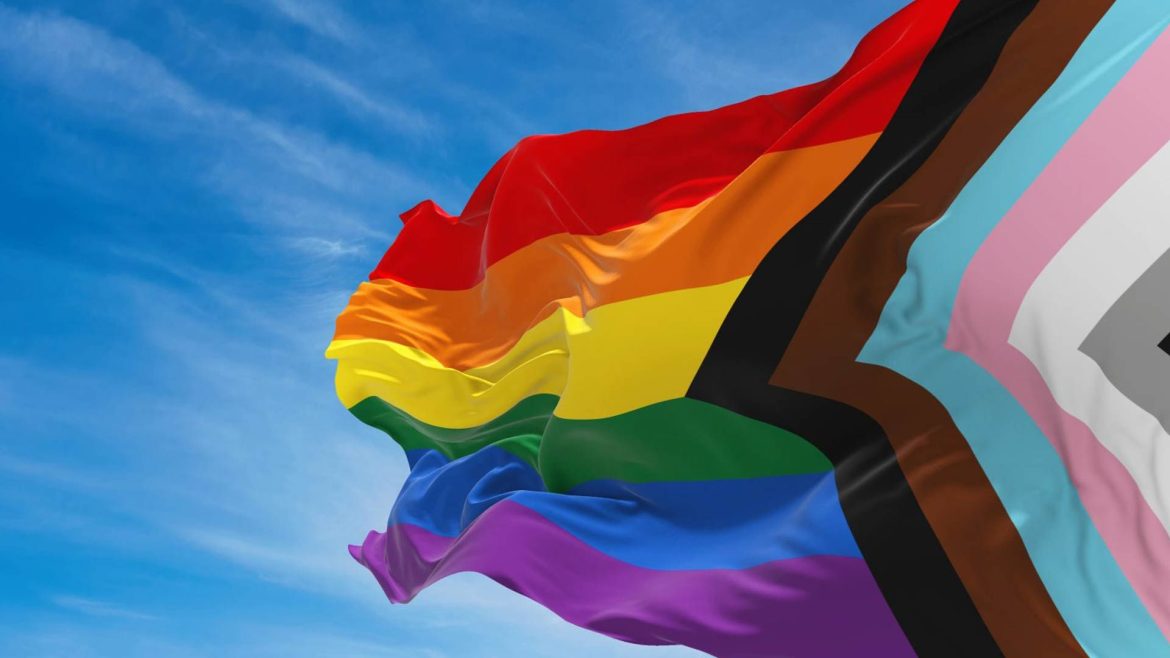In recent times, Costa Rica, a beacon of environmental conservation and peace, has found itself at a crossroads concerning its stance on asylum seekers, especially those from the LGBTIQ+ community. While the nation has historically been a sanctuary for the displaced, new government policies have inadvertently tightened the noose around those seeking refuge, particularly impacting the LGBTIQ+ asylum seekers who were already grappling with socioeconomic vulnerabilities.
A Shift in Welcome Mat: Tightening Asylum Policies
The Costa Rican government, known for its lush rainforests and pura vida philosophy, has recently introduced policies that have made it tougher for asylum seekers to access formal employment. This move has deepened the economic struggles of LGBTIQ+ asylum seekers, who now find themselves battling extreme poverty, labor exploitation, and limited access to healthcare and housing.
The Plight of LGBTIQ+ Asylum Seekers
During the research for this report, tales of hardship among LGBTIQ+ asylum seekers were rampant. Many recounted experiences of discrimination by civil servants and private businesses, labor exploitation, and even bias-motivated violence. The irony is palpable – in a country celebrated for its diversity of flora and fauna, human diversity seems to be facing a tough time.
The Beacon of Hope: Multi-Stakeholder Partnerships
In contrast to the tightening governmental grip, several civil society organizations, the private sector, and UN agencies have joined hands to develop socio-economic integration initiatives for forcibly displaced people, including the LGBTIQ+ community. These collaborative efforts aim to foster a more inclusive environment, proving that it indeed takes a village (or in this case, a country) to raise awareness and support for marginalized communities.
Methodology: From Research to Revelation
The findings in this report stem from extensive research conducted as part of the “Economic Inclusion of LGBTIQ+ Refugees in Costa Rica” project. This included fieldwork, focus groups, and interviews with stakeholders from various sectors. The insights gathered paint a picture of the challenges faced by LGBTIQ+ refugees in accessing rights and integrating into society.
A Snapshot of Asylum in Costa Rica
Costa Rica, with a population of 5 million, currently hosts nearly 400,000 asylum seekers and refugees. The country’s political stability and robust social security system make it an attractive destination. However, the journey to asylum is fraught with bureaucratic hurdles, particularly for LGBTIQ+ individuals, who often struggle to navigate the legal maze for work permits and basic services.
The Executive Decree: A Double-Edged Sword
A significant turning point was the introduction of Executive Decree No. 43810 MGP in December 2022. This decree amended regulations governing refugee status and prohibited self-employment for asylum seekers, adding to their socio-economic woes.
The Road to Integration: Challenges and Opportunities
Despite these challenges, Costa Rica shows potential for positive change. Recommendations for more inclusive migration and refugee policies emphasize the importance of recognizing the rights and needs of diverse groups. The report underscores the necessity of culturally sensitive support programs and efforts to combat xenophobia and violence based on gender and prejudice.
In Conclusion: A Call for Empathy and Action
As Costa Rica stands at this crossroads, the path forward requires a nuanced understanding of the plight of LGBTIQ+ refugees and asylum seekers. The country’s future policies should strive for a balance that honors human rights and fosters socio-economic integration. By embracing its diverse population, Costa Rica can continue to be a role model in human rights and environmental stewardship, proving that its pura vida spirit extends to all who seek refuge within its borders.


1 comment
[…] Source link […]